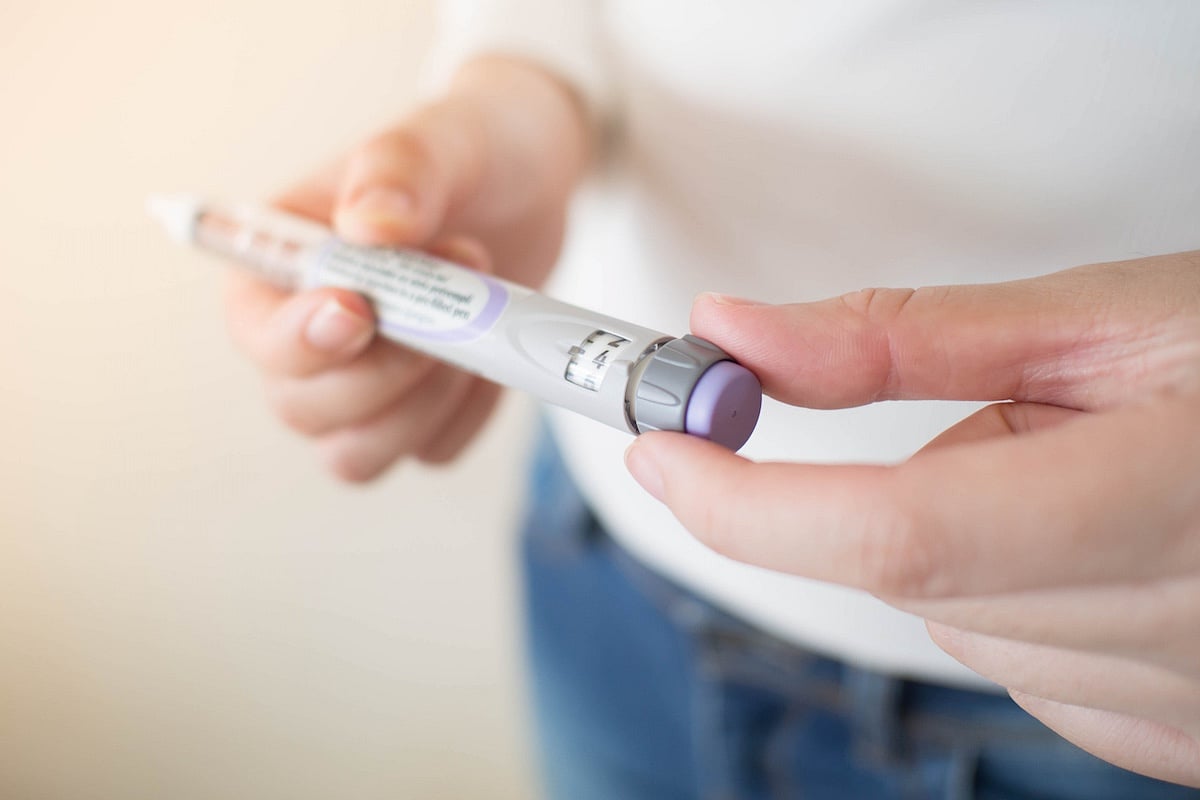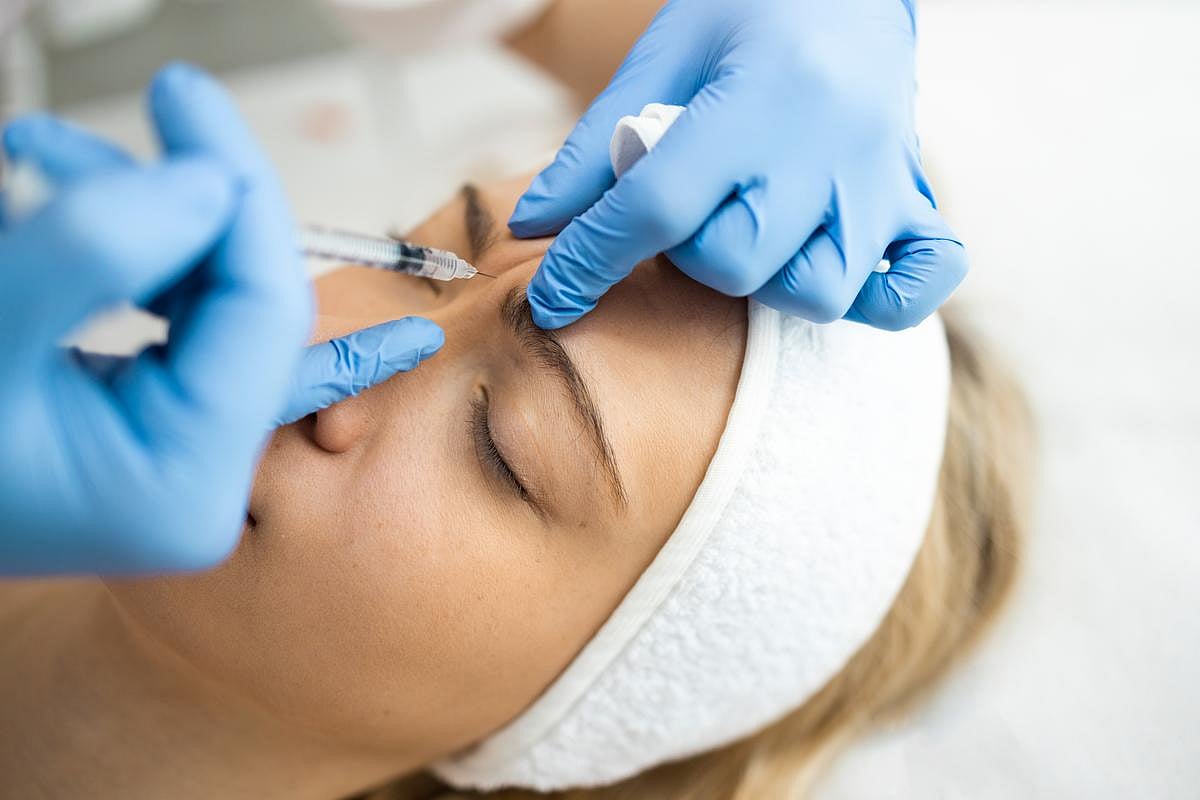
Alternatives to weekly injections of weight-loss drugs may on the way. A monthly dose of a new drug called MariTide helped participants in a phase 2 clinical trial shed about 20% of their body weight over a year, researchers reported Monday in The New England Journal of Medicine. Made by Amgen, MariTide was among several… read on > read on >













.jpg)




